Ruto Faces Mt Kenya Rift, Youth Revolt, and ODM Uncertainty Ahead of 2027 Election
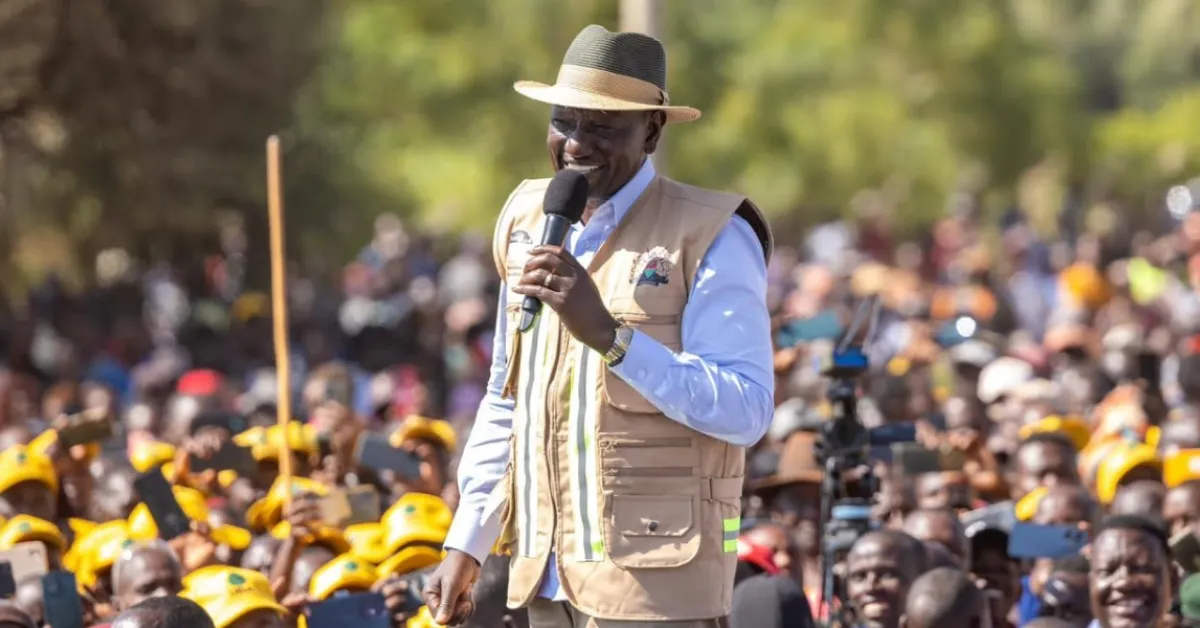
President William Ruto's prospects for re-election in the 2027 Kenyan General Election are increasingly uncertain, facing a confluence of political fractures, economic headwinds, and growing social unrest.
The narrow victory secured in 2022, with 50.49% of the vote against Raila Odinga’s 48.85%, is now threatened by regional discontent, the unpredictable dynamics of the youth vote, and internal discord within his own coalition. The erosion of support in the Mt Kenya region presents a significant challenge. Once a reliable stronghold that contributed nearly half of Ruto’s 2022 vote, the region now exhibits signs of political estrangement.
The impeachment of former Deputy President Rigathi Gachagua in 2024 triggered widespread resentment, with Gachagua capitalising on a narrative of betrayal and mobilising grassroots support. Ruto's efforts to regain favour through regional development tours and strategic appointments have yielded mixed results. While infrastructure and housing projects are showcased, critics argue that his extended absences and the sidelining of Gachagua’s allies have deepened the rift.
The alliance with Raila Odinga, forged in the aftermath of youth-led protests in 2024, adds another layer of complexity. The partnership, formalised through a 10-point Memorandum of Understanding, integrated figures from Odinga’s ODM party into key government roles. Odinga, however, has not guaranteed support beyond 2027, leaving Ruto vulnerable to a potential political shift. Should Raila withdraw his backing and fail to retain allies like Kalonzo Musyoka and the Mt Kenya vote, Ruto’s political isolation becomes a distinct possibility.
Meanwhile, the opposition is actively exploring a united front, with figures like Gachagua, Musyoka, and Martha Karua potentially joining forces. Gen Z voters represent the most unpredictable variable in the upcoming election. Sparked by disillusionment with governance and economic hardship, youth-led protests have become a defining feature of Ruto's presidency. The Finance Bill demonstrations of 2024 galvanised a generation previously disengaged from electoral politics.
Despite Ruto's public apologies and pledges of reform, the damage to his credibility among young voters may be irreversible. Analysts suggest that effective mobilisation of Gen Z could significantly influence the election outcome, given their growing numbers and engagement in digital activism. Ruto’s administration faces scrutiny over its human rights record. Allegations of abductions, extra-judicial killings, and suppression of dissent have drawn condemnation from civil society and international watchdogs.
The UN Human Rights Council is currently reviewing Kenya’s compliance, and domestic critics argue that the president has failed to uphold constitutional norms. Accusations of broken promises further compound these concerns. From unfulfilled austerity measures to the expansion of government bureaucracy, despite pledges to trim it, Ruto's credibility has been undermined.
This perception of a widening gap between rhetoric and reality fuels opposition narratives and public discontent. Within his own ranks, Ruto faces criticism for political miscalculations. Lawmakers from his coalition lament the administration’s failure to effectively communicate its successes and its tendency to undermine itself through policy blunders in education, taxation, and healthcare.
The lack of a coherent messaging strategy has allowed opposition figures to dominate the public discourse. The unresolved question of Ruto's 2027 running mate adds another layer of uncertainty. With Mt Kenya’s loyalty in question, insiders suggest a potential pivot to candidates from Nyanza, Lower Eastern, or Western Kenya. Names floated include Kalonzo Musyoka, Musalia Mudavadi, and even Gladys Wanga, with some analysts proposing a gender-balanced or Muslim ticket to broaden appeal.
The political climate has grown increasingly volatile, with pro-government figures making incendiary remarks reminiscent of the 2007/08 post-election crisis. Calls for peaceful electoral processes have been echoed by leaders across the political spectrum, but fears of democratic backsliding persist. Ruto’s own statements have added to this tension. His assertion that he would not hand over power to a “clueless opposition” was widely criticised as undemocratic. While he later clarified that he would accept electoral defeat, the damage to public trust remains.

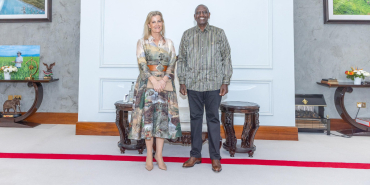
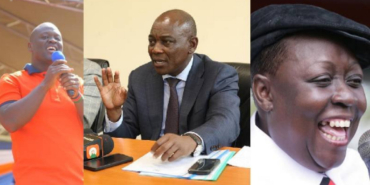
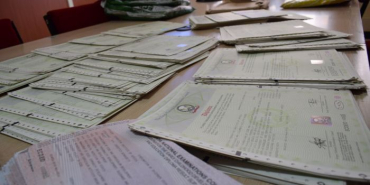
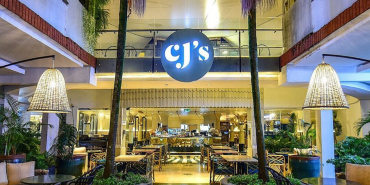
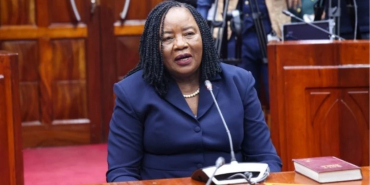
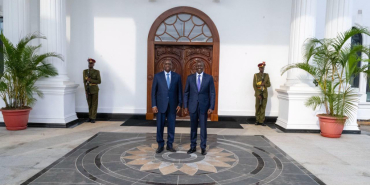
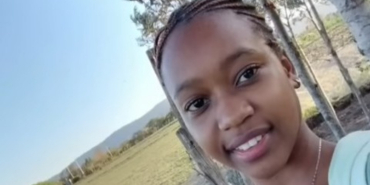
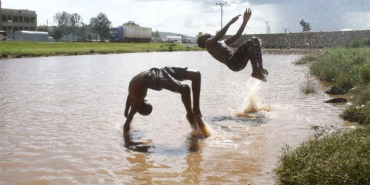
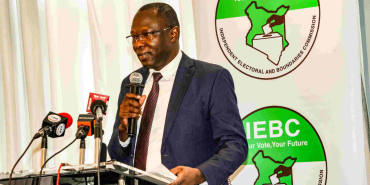
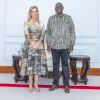
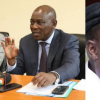


Add new comment